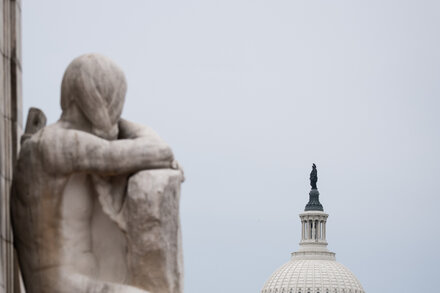Medical organizations across the United States are voicing significant apprehension regarding potential increases in visa fees for foreign-trained doctors, warning that such measures could severely impact patient care and exacerbate existing physician shortages, particularly in rural and underserved communities.
The concerns center on proposals, reportedly under consideration by the Trump administration, to raise H1B visa application fees. Foreign medical graduates constitute a vital segment of the U.S. healthcare workforce, often filling critical gaps in specialties and geographical areas where American-trained doctors are scarce.
Groups representing hospitals, physicians, and medical educators argue that escalating these fees would create additional financial barriers for international medical professionals already navigating a complex and costly immigration process. This, they contend, would deter highly qualified doctors from choosing to practice in the U.S.
“Any policy that adds financial hurdles for foreign-trained physicians directly undermines our ability to provide essential care,” stated a spokesperson for a leading national medical association. “These doctors are not just filling vacancies; they are integral to the health infrastructure of our nation, especially in areas struggling with severe doctor shortages. Making it harder for them to come here is ultimately making it harder for our patients to get the care they need.”
Impact on Healthcare Access
Hospitals and healthcare systems, particularly those in economically challenged regions, rely heavily on H1B visa holders to staff emergency rooms, intensive care units, and primary care clinics. A significant portion of these physicians commit to working in underserved areas for several years as part of their visa requirements, directly addressing critical healthcare access issues.
Critics of the proposed fee increases point out that the financial burden would likely be passed on to hospitals and clinics that sponsor these visas, adding to already strained budgets. This could lead to a reduction in the number of sponsored physicians, further tightening the supply of medical professionals.
The debate comes at a time when the U.S. faces a projected shortage of up to 124,000 physicians by 2034, according to projections from the Association of American Medical Colleges. Medical groups emphasize that foreign doctors are a crucial part of the solution to this impending crisis, not a problem.
As discussions around immigration policy continue, medical organizations are urging policymakers to consider the direct impact on public health and ensure that any changes to visa regulations do not inadvertently compromise the nation’s healthcare capacity.
Source: Read the original article here.





